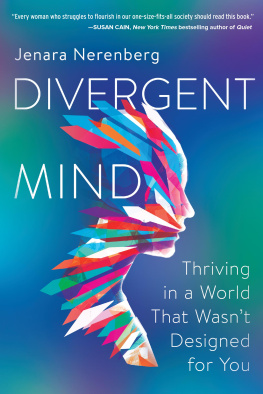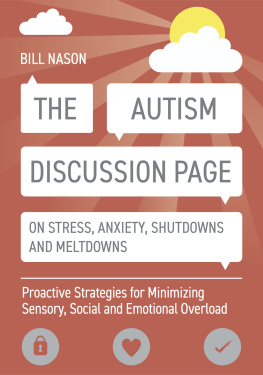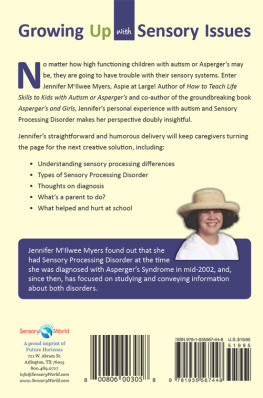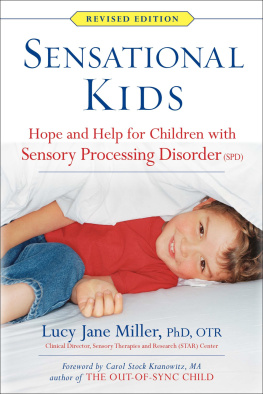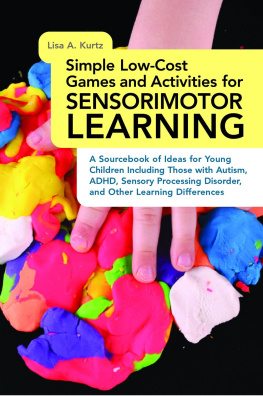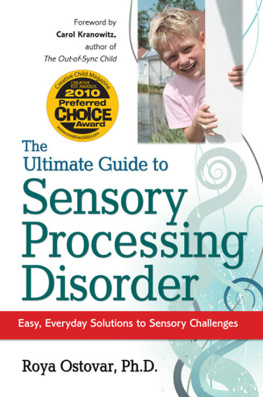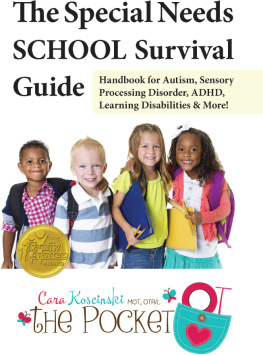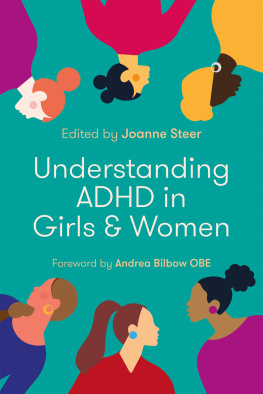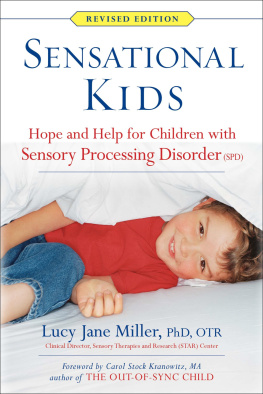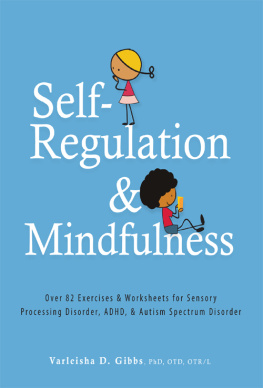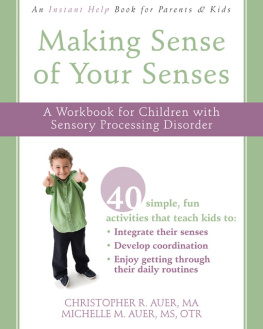1. tending to be different or develop in different directions; divergent interpretations
Synonyms: differing, varying, different, dissimilar, unlike, unalike, disparate, contrasting
When I moved back to California after six years of reporting from Asia, my daughter, who was two and a half years old at the time, cried, Mom, youre just running around and around and around! Oh my gosh, I thought, she sees me; I have no idea what the hell Im doing, and now shes found it out. That same year, the National Institutes of Health announced $10.1 million in grants to counteract gender bias in research. I wish I had known at the time, because I would have volunteered myself as a subject. I was depressed, confused, anxious, tired, and plagued with a persistent feeling of inadequacy and the feeling that somehow I wasnt myself. I would drop my daughter off at her new preschool and feel as though I was wearing a mask around all the other parents, for fear that they would discover how inept I was. Meanwhile, increasing tensions at home with my husband made it even harder to manage the mess of feelingsand the literal mess of dishes and laundry.
I was stumpedhere I was, a graduate of the Harvard School of Public Health and UC Berkeley, with reporting for CNN, Fast Company, Healthline, and elsewhere under my belt, and yet I couldnt for the life of me figure out how to make and stick to a decent schedule, stay on top of household duties, or hold logistical conversations with my husband.
Meanwhile, between 2013 and 2016 a slew of articles were published in major news outlets about how adult women were being overlooked in research about attention-deficit/hyperactivity disorder (ADHD) and autism. Writer and ADHD activist Maria Yagoda published a story in The Atlantic about being a student at Yale who struggled with a broad range of executive functioning, from cleaning to losing items and money, to tracking what time to be where. People didnt believe she could have ADHD because she was so smart. Spectrum published a similar story about girls and women with autism; a young woman named Maya was profiled who was thought to struggle with severe anxiety and other challenges until she was finally recognized as being autistic.
I think Facebook was listening to my conversations with family members and therapists because suddenly articles and books started popping up in my news feed about women with ADHD and Asperger syndrome and about the highly sensitive person (HSP). I started seeing new research coming out about the mental health challenges of high-achieving women, and I was transfixed. Captivated. Utterly glued to what I was reading.
Because it turned out that I wasnt alone. Study after study indicated high rates of depression and anxiety among successful women, but other traits, like ADHD and autism, were beginning to surface as well. I had never thought of these before, but I couldnt deny that what I was reading was resonating with me. I was sensitive, I liked talking about only a few select topics (people, psychology, and inner lifemy special interests), logistics might as well have been an alien language, and this word masking kept jumping out at me, as describing an experience that I didnt realize or want to admit to.
So I begin this book by sharing a kind of confusion that plagued me at the timea feeling of shock and dissonance but also of hope and relief. Could I be on some kind of sensory spectrum, like the autism spectrum? Or did I have ADHD? Both seemed likely. But I didnt seek out assessment, diagnosis, confirmation, or anything of the like. Instead, I turned to research, studies, news articles, and countless interviews and stories with women who sounded a lot like me.
Masking
Masking refers to an unconscious or conscious effort to hide and cover ones own self from the world, as an attempt to accommodate others and coexist. Research and anecdotal evidence show that an extensive amount of masking and passing is going on among women and girls, primarily because of the way women are socialized. Girls and women have been taught from an early age to blend in, according to researchers and the many women I interviewed for this book. Often, women hear the common refrain Oh, shes just sensitive. Thats how girls are. This is a sloppy, but widespread, oversight in our culture.
Masking claims many livesand I dont necessarily mean that women literally commit suicide (although that can happen as well), but they may commit a kind of virtual suicideleaving many women feeling empty, depressed, and anxious and robbing them of living according to their true selves. When society is not equipped to hold an accurate mirror up to you, you end up interpreting your reflection according to available lenses, structures, and terminology. But theyre often wrong and misleading, or, worse, harmful.
My depth of curiosity, sensitivity, persistent wondering, and questioningmy insatiable hunger to know and understandis not mirrored in the wider culture, even in academia. I am deeply curious about the inner lives of others and understanding themwhich often looks like asking a ton of questions (good thing I became a journalist), but this is not how people make friends. It took me a long time to figure that out. So instead of accepting myself as curious, passionate, and inquisitive, I felt different and isolated. Slowly, I allowed my mannerisms and gestures to match those I witnessed around me and the messages I was gettingnamely, dont ask too many personal questions, dont talk too much, dont deliver essay-length monologues on philosophical topics.
Over time, I changed; some of the change was likely because of natural maturation, but certainly some of it felt painful and necessary in order to adapt. I had to stuff a lot of my curiosity, and I turned to reading and to other independent ways to explore the expanse of the mindmeaning I spent less time interacting with other people and more time alone. Again, these are not bad things in and of themselves, but at the time, I was operating in a binary of abnormal and normal and thought those were my only options in order to coexist with the world. I had no knowledge yet of the wide diversity of ways that the brain is made up and ways that people interact. So without anything telling me otherwise, without any mirrors reflecting who I was, I masked and suppressed.
This is happening for women across the globe. In the past we were labeled hysterical, but now were anxious. What many women dont knowand this includes the doctors and therapists with whom we interactis that other mirrors are available to us that reflect previously hidden parts of ourselves.
It is said that the senses can be gateways to the soul, and I take that quite literally. Sight, sound, taste, touch, and smell correspond to either our mental health or our mental distress, depending on our sensitivities. Think of an onion, with its many layers: at the core of our being are our genes, biology, and childhood experiences but also our sensory makeupthat is, how our nervous system responds to and interacts with our sensory world, what delights us and what repels us. Over time, throughout our lives, all of these components interact, producing layers of emotions and resulting behaviors. When some of us end up in a therapists or doctors office with anxiety, depression, or autoimmune health challenges, our options are limited to talk therapy or medication because only these outer layers of emotion and behavior are probed. We have been going about our lives and professions thinking we know the full list of possible diagnostic criteria, but the senses have been left out; and thus a very core component of what makes people who they are goes completely untended.

